Lenovo would consider Motorola Windows phones, but Microsoft apps on Android makes it largely unnecessary
2 min. read
Published on
Read our disclosure page to find out how can you help MSPoweruser sustain the editorial team Read more
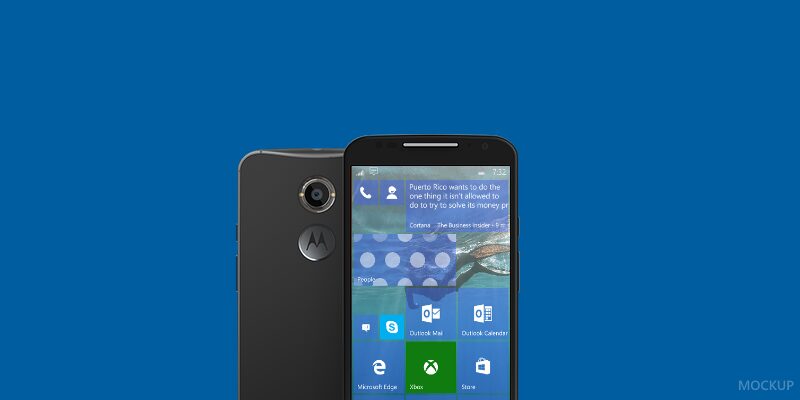

In an interview with UK publication V3 Lenovo’s vice president and general manager for Northern Europe, David McQuarrie spoke of the future of their recently purchased Motorola phone business.
He noted that Lenovo planned to grow the brand and rebuild its popularity.
“These businesses are like our children. The PC business is one of our children, the server business is one, and now the Motorola phone business is one, and we want to give all of them the level of care and attention they deserve,” he said.
“Motorola has hovered between two and 3.5 percent in the UK, so it’s very small right now. We know that the market is dominated by two very large players. We also know that Motorola has a great brand that was well regarded in the past, and we are focused on re-establishing that brand.”
He suggested that Lenovo could consider making Windows 10 Mobile handsets in the future.
“There is an ongoing evaluation of what platforms we should be offering. We are a huge Microsoft partner on PCs, tablets and servers, and we continue to evaluate the ecosystem. If it makes sense, you could potentially see a Windows phone from us,” McQuarrie said .
He added however that Microsoft’s new cross-platform strategy made it much easier to integrate Android phones with Microsoft’s infra-structure.
“With the phones that we have today, and the move by Microsoft to make Office applications freely available on Android, the gap between a Windows PC and an Android device shrank dramatically,” he explained.
“I use an Android phone and a Windows laptop and now I can open all my Office documents on my phone in a Microsoft app. The fact that it isn’t a Windows Phone is irrelevant, so the move by Microsoft has made it far easier for us to sell a combined solution to business.”
On Windows 10 itself, he noted a palpable excitement from business, which was very unusual.
“Windows 8 was a struggle to convert commercial customers to; they saw no compelling reason to move from Windows 7. But we are seeing an increased interest in moving to Windows 10 against the same period in the run up to the Windows 8 release.”
“This is the first time in years that they have evinced an interest in the latest OS. Normally, they are fairly conservative, they wait,” he explained.
Read the full interview at V3 here.

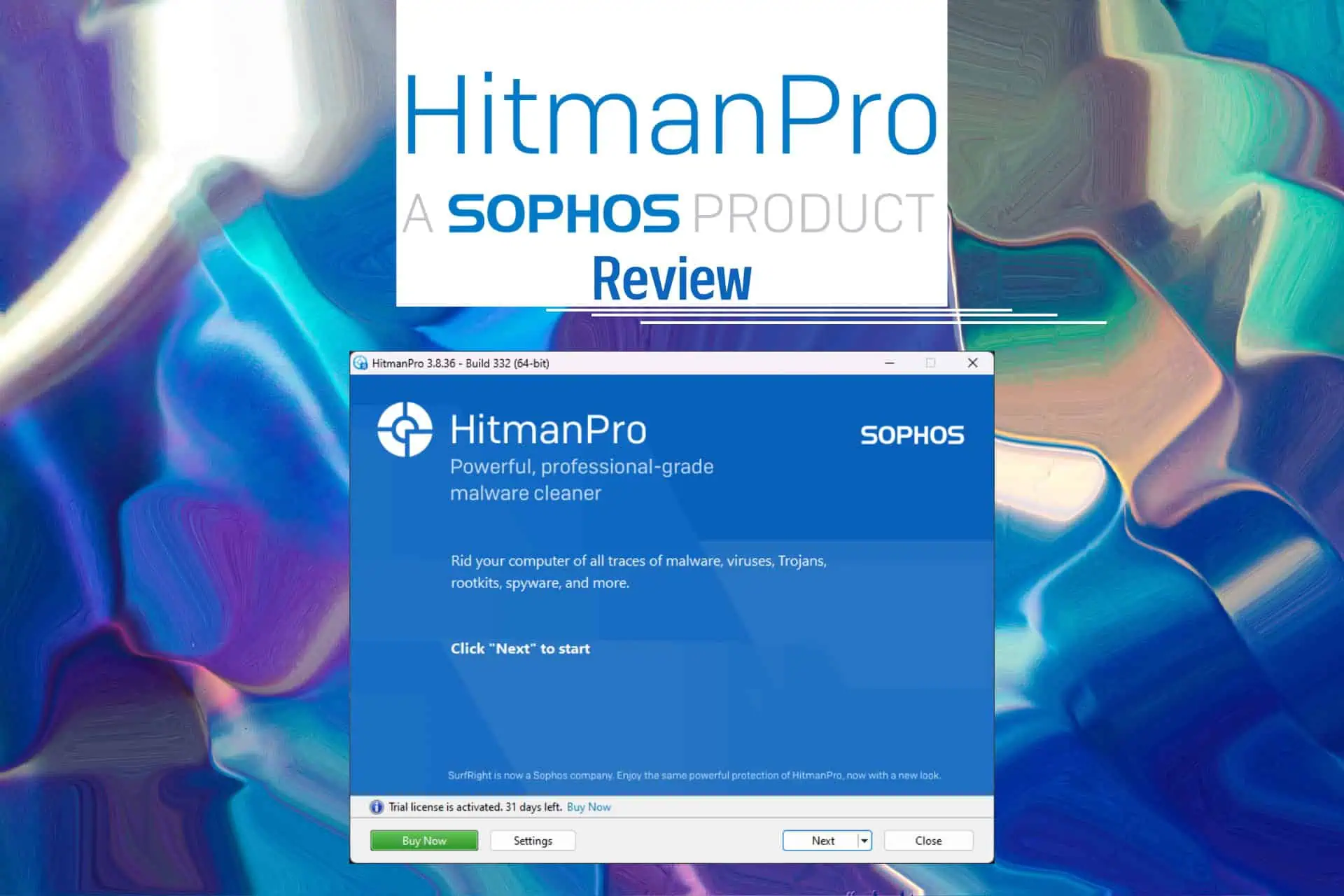
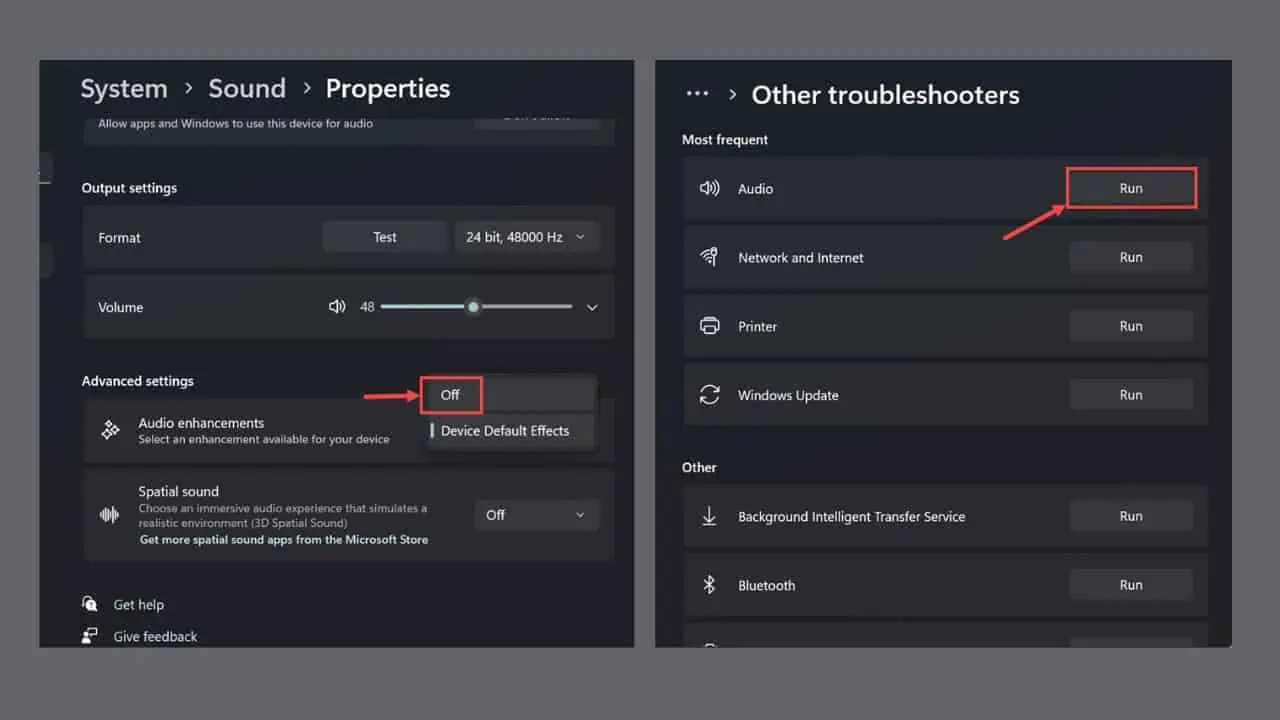
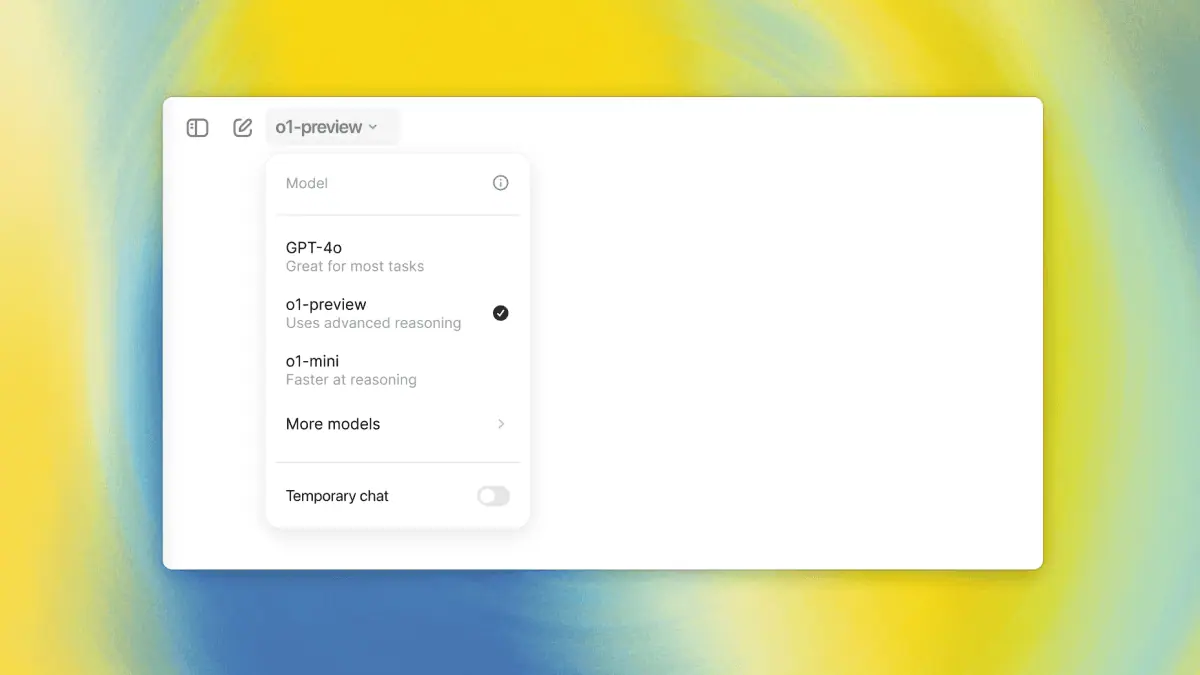

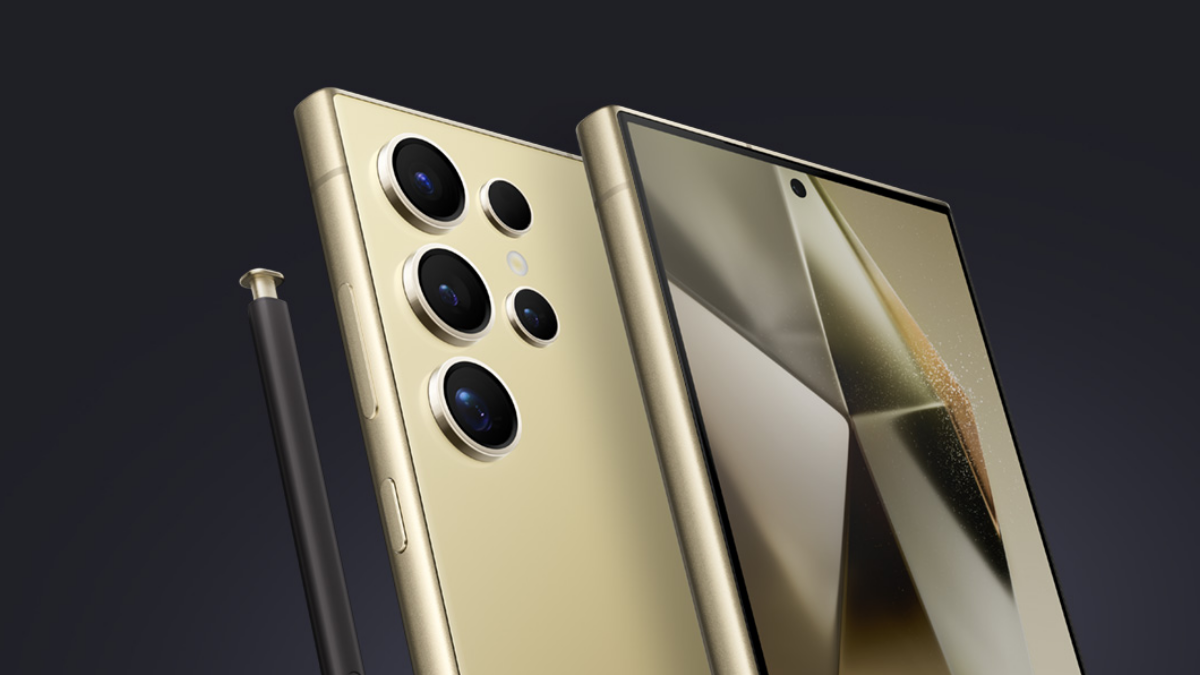


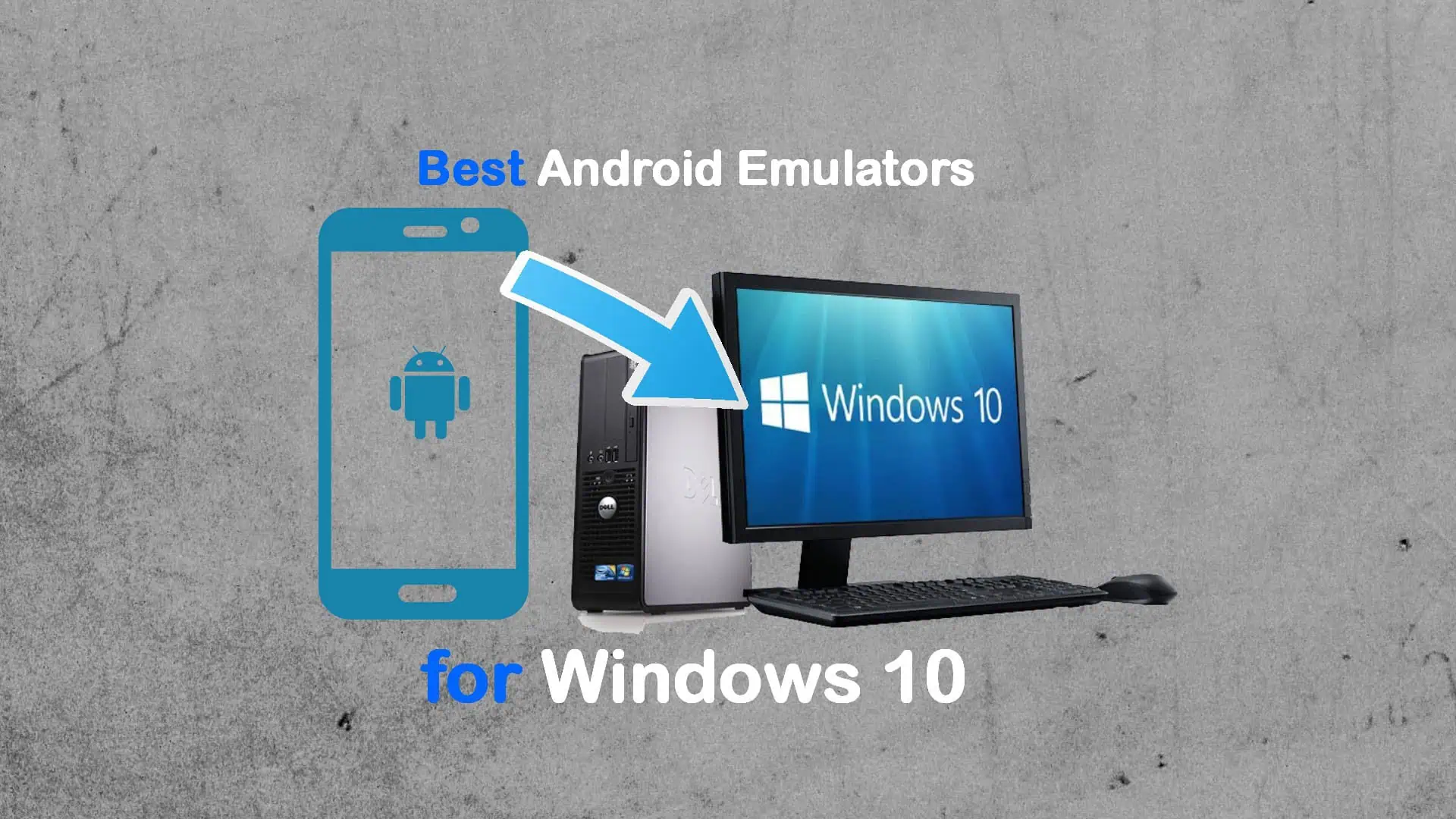
User forum
0 messages